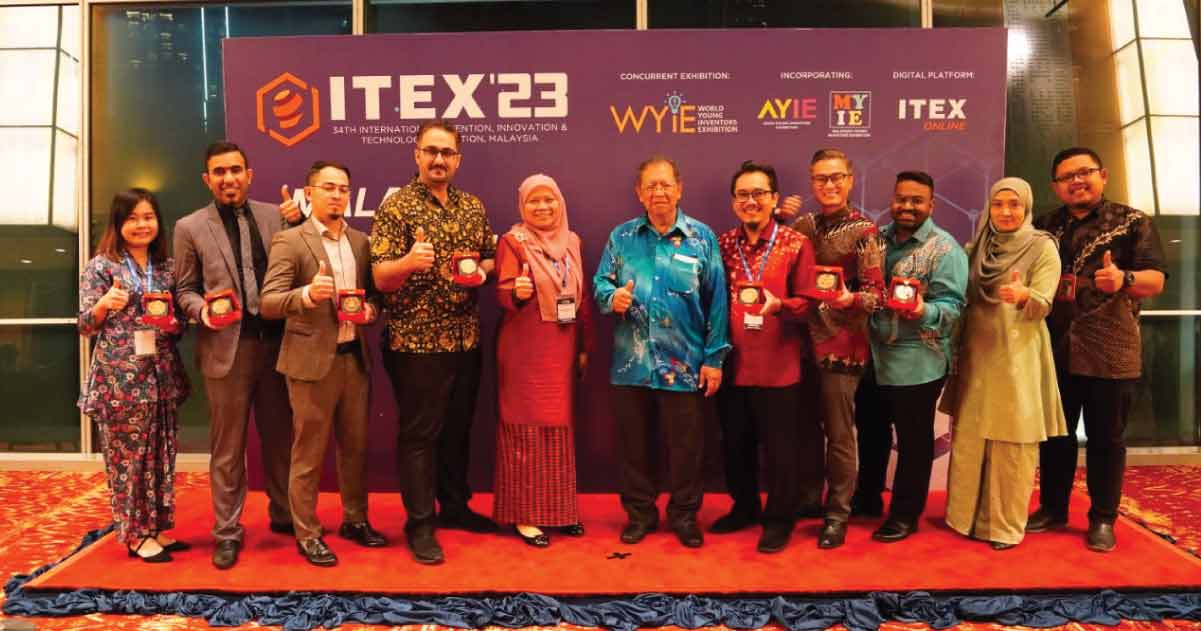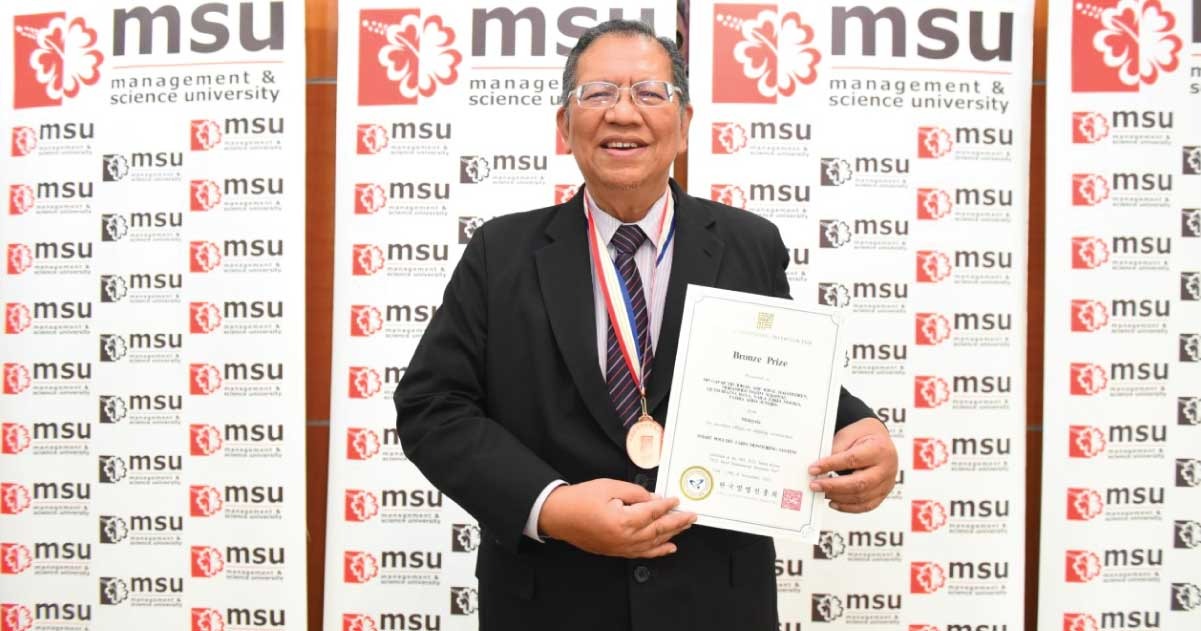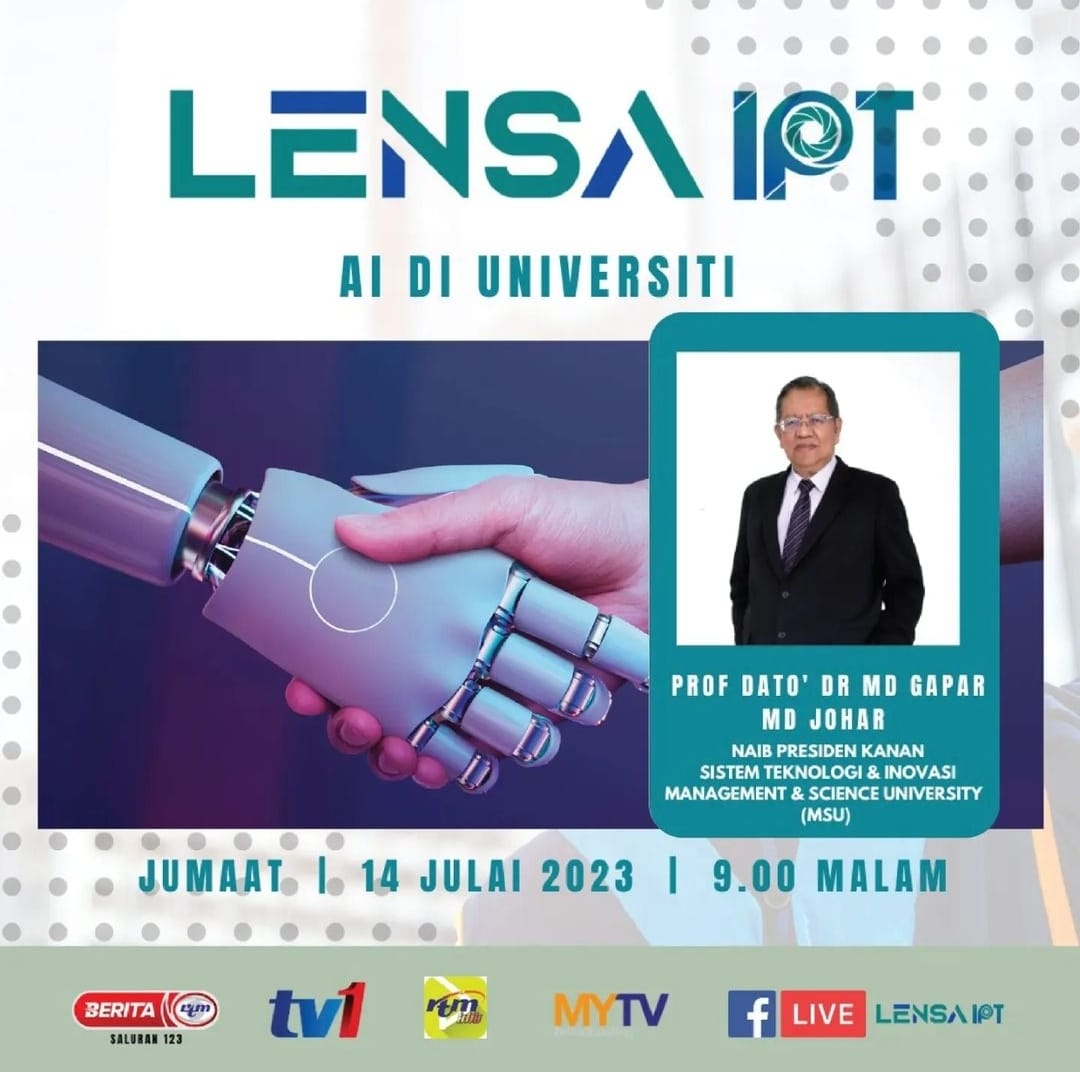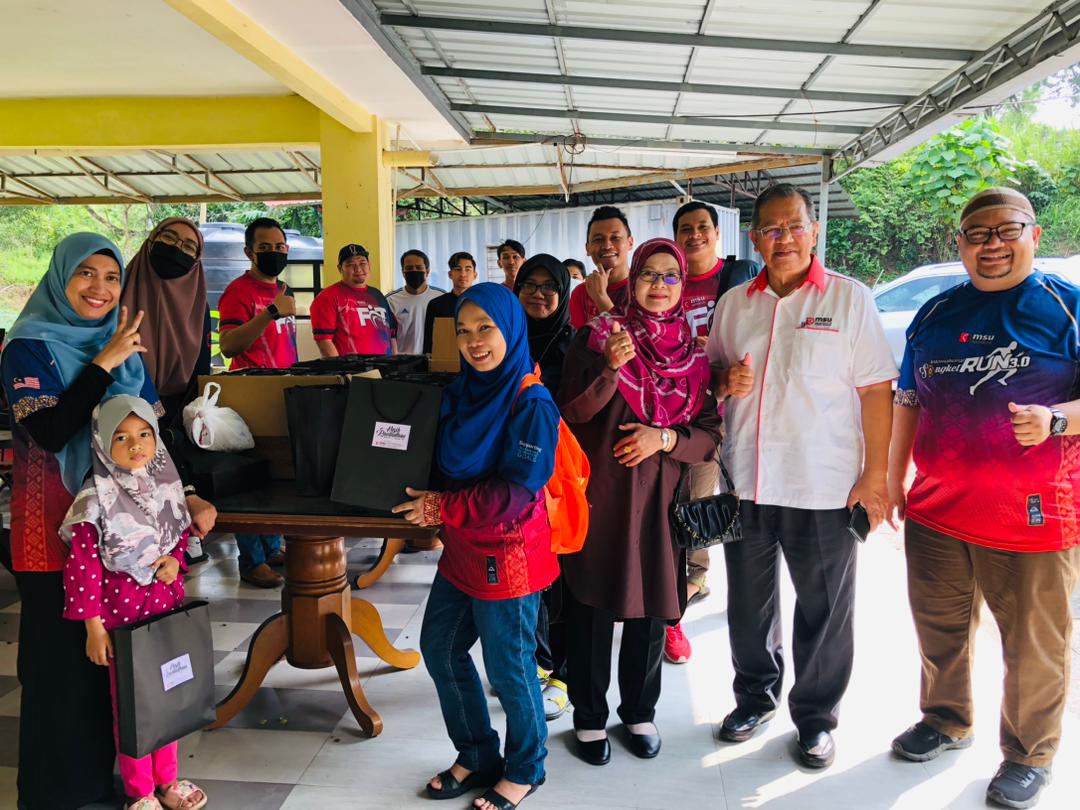SEnDI – Software Engineering and Digital Innovation Centre
The Software Engineering and Digital Innovation Centre (SEnDI) plays a pivotal role in MSU's day-to-day operations, serving as the university's primary hub for all matters concerning information technology, software development, integration, and maintenance. With a wide range of responsibilities, including database management and the protection of both internal and external IT systems, SEnDI is indispensable to the university. However, its impact extends well beyond these critical functions, driving software development and integration and facilitating rigorous testing processes.
Services
At SEnDI, we are more than just a hub for software development and digital innovation. By focusing on highly efficient techniques, SEnDI plays a vital role in creating top-notch software and facilitating the seamless growth of MSU's technological infrastructure.
Our services:
- Custom software Development
- Consulting Services
- Tech Support
- Data Analysis Services
- Software Maintenance & Upgrade
- Digital Innovation
Lab Explore the latest technologies in our state-of-the-art innovation lab. Work on projects, participate in hackathons, and unleash your creativity in a collaborative environment.
Training
SEnDI also goes above and beyond in providing unwavering support to ambitious undergraduate students through internship programs and rigorous training initiatives/courses to equip these budding leaders with essential practical experience, effortlessly merging theoretical concepts with real-world application. Moreover, SEnDI takes immense pride in offering postgraduate supervision to accomplished scholars under the guidance of distinguished mentors to further polish their expertise.
Short Courses:
- Software Development Training (PHP, Java, JavaScript, SQL etc)
- Database Management Training
- UX/UI Design Training
- Open Source Software Contributions
- DevOps Training
- AI and Machine Learning Training
- Cybersecurity Training
Research
SEnDI team of highly skilled individuals embodies expertise and proficiency with unwavering determination and an unwavering commitment to overcoming any digital-related challenge. Whether it's developing cutting-edge software solutions, managing complex network infrastructure, or providing impeccable IT consulting services, we break barriers and redefine boundaries through groundbreaking research.
1. User Experience (UX) and Interface Design: Investigate how the design of software interfaces and the overall user experience impacts the effectiveness of the learning management system.
2. Learning Analytics: Conduct research on how data from learning management systems can be effectively used to improve teaching strategies, track student progress, and predict student outcomes.
3. Security and Privacy in EdTech: Research the most pressing security concerns and privacy issues in educational technology, including the learning management system.
4. Educational Data Mining: Explore techniques for analyzing large sets of educational data to discover patterns and trends that can inform educational strategies.
5. Augmented/Virtual Reality (AR/VR) in Education: Investigate the potential and challenges of integrating AR/VR technologies into the learning management system to provide immersive learning experiences.
6. Gamification in Learning: Research how game elements can be integrated into the learning management system to increase student motivation and engagement.
Overall, SEnDI's significance to MSU cannot be overstated. It is a dynamic force that drives the university's technological advancements, ensuring robust information systems, efficient software development, seamless integration, and reliable maintenance.
At SEnDI, we're shaping the future of technology with a partnership with academia, industry, and the broader community to drive progress and inspire change to a sustainable and inclusive world. Our initiatives resonate with the United Nations' Sustainable Development Goals (SDGs), aligning digital innovation with global aspirations.
- Quality Education (SDG 4): By developing and improving EdTech solutions, the center contributes directly to improving the quality of education. Training programs also upskill educators and students, promoting lifelong learning opportunities.
- Gender Equality (SDG 5): SEnDI can contribute to gender equality by promoting the participation of women in software engineering and digital innovation, both in its staff and among the students it serves.
- Decent Work and Economic Growth (SDG 8): By providing training programs, SEnDI contributes to enhancing professional skills, fostering innovation, and promoting sustainable economic growth
- Industry, Innovation, and Infrastructure (SDG 9): The center can directly contribute to this goal through the development and enhancement of software technologies. Collaborations with industries and public sectors can promote inclusive and sustainable industrialization.
- Sustainable Cities and Communities (SDG 11): By developing software solutions for smart campuses, including systems for energy management, transportation, or accessibility, the center can contribute to making campuses and by extension cities more inclusive, safe, and sustainable.
- Climate Action (SDG 13): SEnDI can work on projects that use software and digital innovation to combat climate change, such as systems for analyzing climate data or promoting sustainable practices within the campus community.
- Partnerships for the Goals (SDG 17): Collaborations with industry partners, other universities, government agencies, and non-profit organizations can lead to effective partnerships that mobilize and share knowledge, expertise, technology, and financial resources to support the SDGs.




